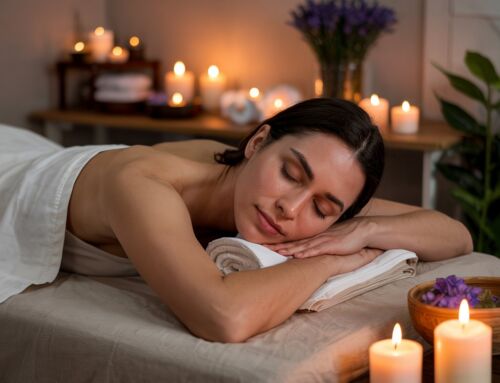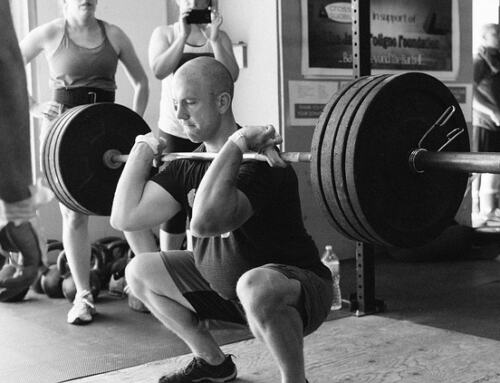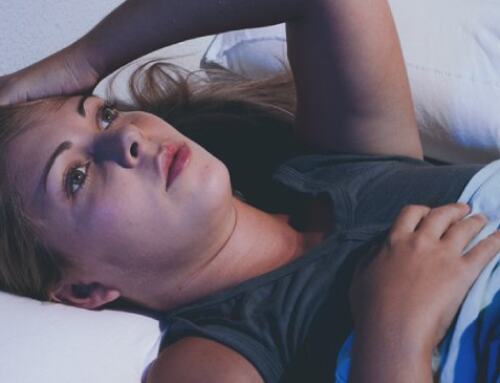Get some well-deserved rest with these tips for a good night’s sleep
Health Do you toss and turn at night, yearning for a good night’s sleep? According to the US Centers for Disease Control and Prevention, one third of American adults have a sleep disorder that can affect their lives in serious ways.
Car accidents, industrial disasters, occupational and medical errors as well as reduced quality of life and productivity are also linked to sleep deprivation.
Cognitive behavior therapy, or CBT, helped chronic insomnia patients to go to sleep 20 minutes faster and stay asleep longer, improving sleep efficiency by almost 10 percent. CBT is a psychological treatment that focuses on changing specific behaviors and thinking processes.
Good sleep hygiene, say the experts, also looks at your basic lifestyle habits. So, for example, you don’t want to smoke or drink too much or have caffeine late in the day. You want to be sure you’re getting regular exercise. Yoga is a super choice.
Keep your bedroom, quiet, dark and cool—at the right temperature for you. And if you struggle with insomnia you certainly don’t want to have the TV in your bedroom. But don’t stay in bed if you can’t sleep. Get up if you’ve not fallen asleep within 20 minutes and only go back to bed when you are sleepy.
Relaxation training is really helpful, say experts. You can try muscle relaxation, even sleep imagery, such as imagining yourself in a safe place that is quiet and calm.
But avoid turning on the TV, and don’t check your email or Facebook on your smartphone or computer either. The light can stimulate your senses.
Training your brain and body to get a better night’s sleep takes patience and commitment, but once you do, experts say you’ll get much better quality sleep, you’ll go to bed and to sleep more quickly, without any drugs and side effects.





